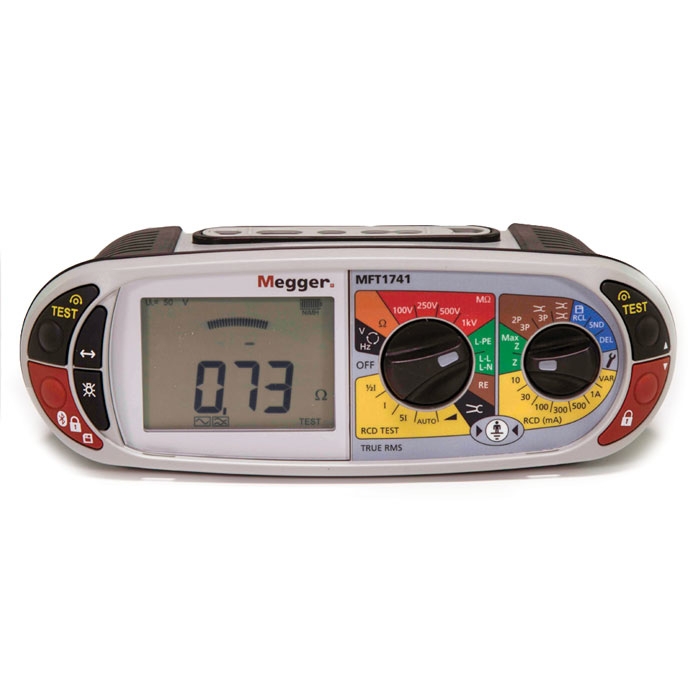NICEIC Electrician Eyam | Local Electrician | 24/7 Service |
| 07830655771 |
 |
Your trusted electrician Eyam . NICEIC registered, emergency callouts, domestic & commercial electrical services. Expert solutions by time served electrician |
 |
Experienced electrician Eyam delivering NICEIC electrical solutions, TAS Electrical and Security. NICEIC registered electrician Eyam provide trusted residential and commercial services, backed by over a decade of expertise.
NICEIC Electrician Services Eyam
Your reliable electrician Eyam specializing in domestic installations, commercial solutions, and emergency repairs. As qualified electricians Eyam , we ensure superior workmanship and complete customer satisfaction for every electrical project. Your Trusted Local Electrician Eyam - TAS Electrical and Security
|
 |
Looking for a reliable electrician in Eyam ? As NICEIC-registered electricians for over 10 years, TAS Electrical and Security delivers expert electrical services to homes and businesses Eyam .
|
Electrician services in Eyam , emergency call-outs, domestic and commercial installations, qualified electrical contractors, electrical testing and inspections, NICEIC registered electricians serving Eyam |
Electrician Eyam |
Your Local Electrician Serving Eyam Complete Installation Services
Trusted Maintenance & Emergency Support
Expert Fault Detection & Repair
Complete Rewiring Services
NICEIC Testing & Certification
Smart Technology Integration
Why Choose TAS Electrical & Security? ✓ NICEIC Registered for 10+ Years ✓ Fully Qualified Local Specialists ✓ Available 24/7 in Eyam ✓ Free, No-Obligation Quotes ✓ Full Insurance Coverage ✓ Guaranteed Workmanship
Contact Your Local Eyam Specialists Today Call: 07830655771 Emergency 24/7 Support Available Free Quote Available for All Services
|
NICEIC Electrician Eyam | Local Electrician | 24/7 Service |
|
NICEIC Standards & Accreditations - TAS Electrical & Security in Eyam
Trust Your Local Electrician Eyam - Fully Certified & Safety Focused
Industry-Leading Standards Our qualified NICEICs in Eyam maintain the highest level of industry compliance:
NICEIC Development Our Eyam specialists undergo extensive ongoing training, staying ahead of industry developments and new technologies. This commitment ensures you receive the most up-to-date, efficient, and safe solutions for your property.
Why Local Residents Trust Us: ✓ NICEIC Registered for 10+ Years ✓ Fully Certified Team ✓ Latest Industry Training ✓ Complete Safety Compliance ✓ Regular Skills Updates ✓ Local Eyam Experts
|
Electrician Eyam . Available 24/7 for emergencies. Domestic & commercial electrician. |
|
Why Choose Your Local Eyam Electrical Specialists? Trust TAS Electrical & Security - Your NICEIC Solution in Eyam ✓ NICEIC Registered Excellence Operating as certified NICEIC NICEICs in Eyam for over a decade, delivering the highest standards of safety and workmanship for every project. ✓ Decade of Expert Service 10+ years serving Eyam communities with NICEIC electrical solutions, from emergency repairs to complete installations. ✓ Complete NICEIC Solutions Delivering comprehensive electrical services across Eyam for residential, commercial, and industrial properties, including:
✓ Transparent, Competitive Pricing Fair, upfront pricing for all Eyam customers, combining premium service with excellent value:
✓ Excellence in Customer Care Trusted by Eyam residents and businesses for:
✓ 24/7 Emergency Response Round-the-clock support for Eyam residents:
|
Social Media |
 |
 |
 |
 |
Office Address |
NICEIC Registration Number D604133 |
| 07830655771 |
NICEIC Electrician Eyam | Local Electrician | 24/7 Service |